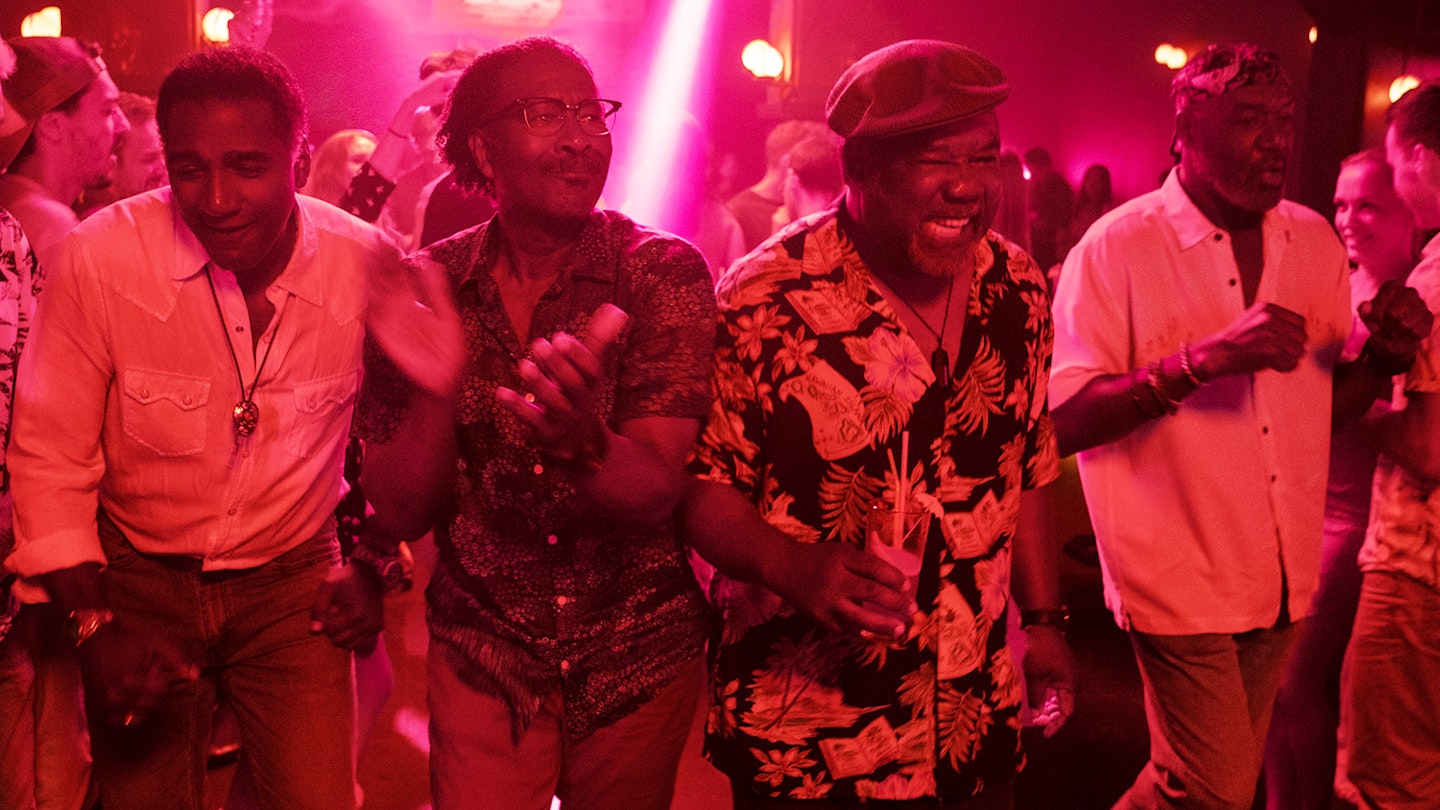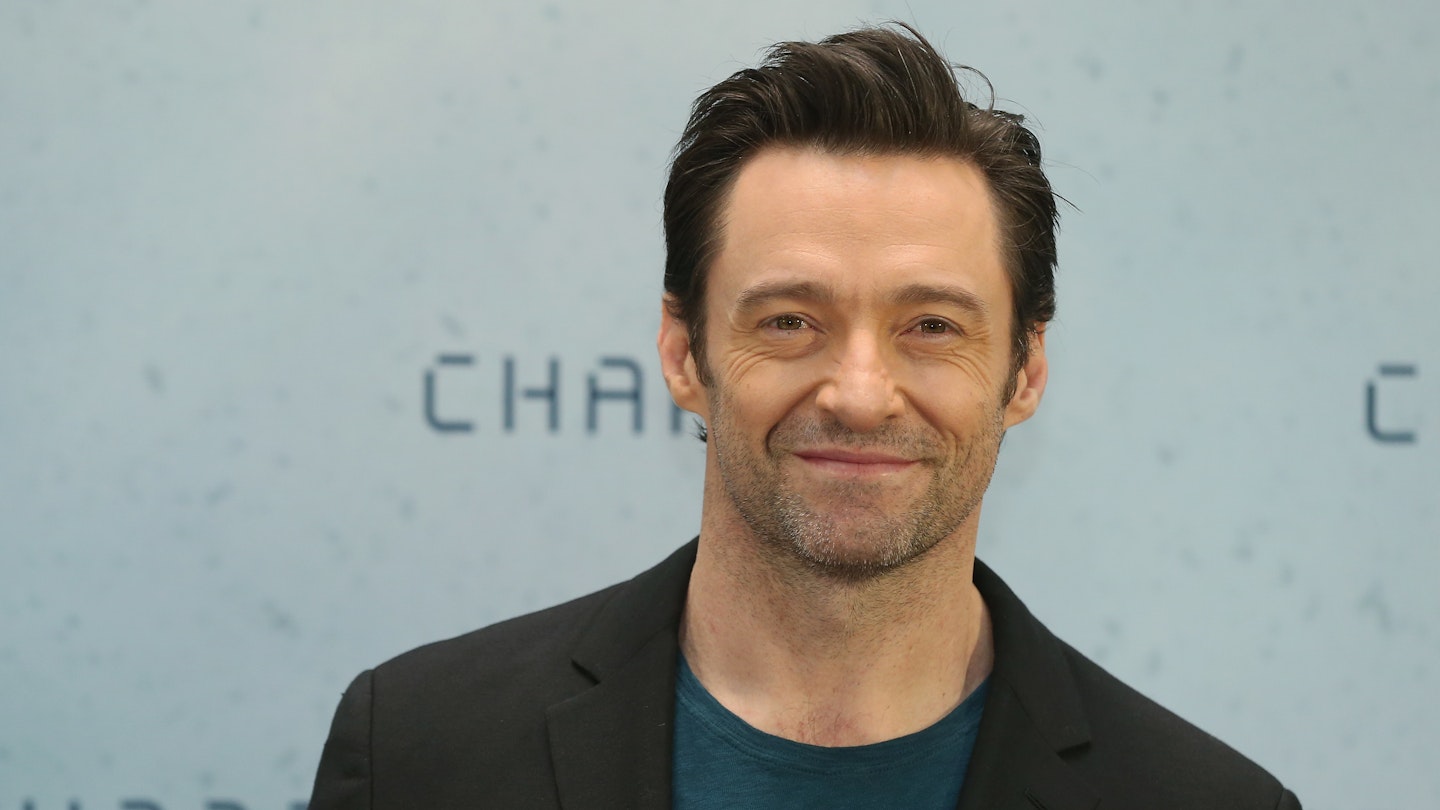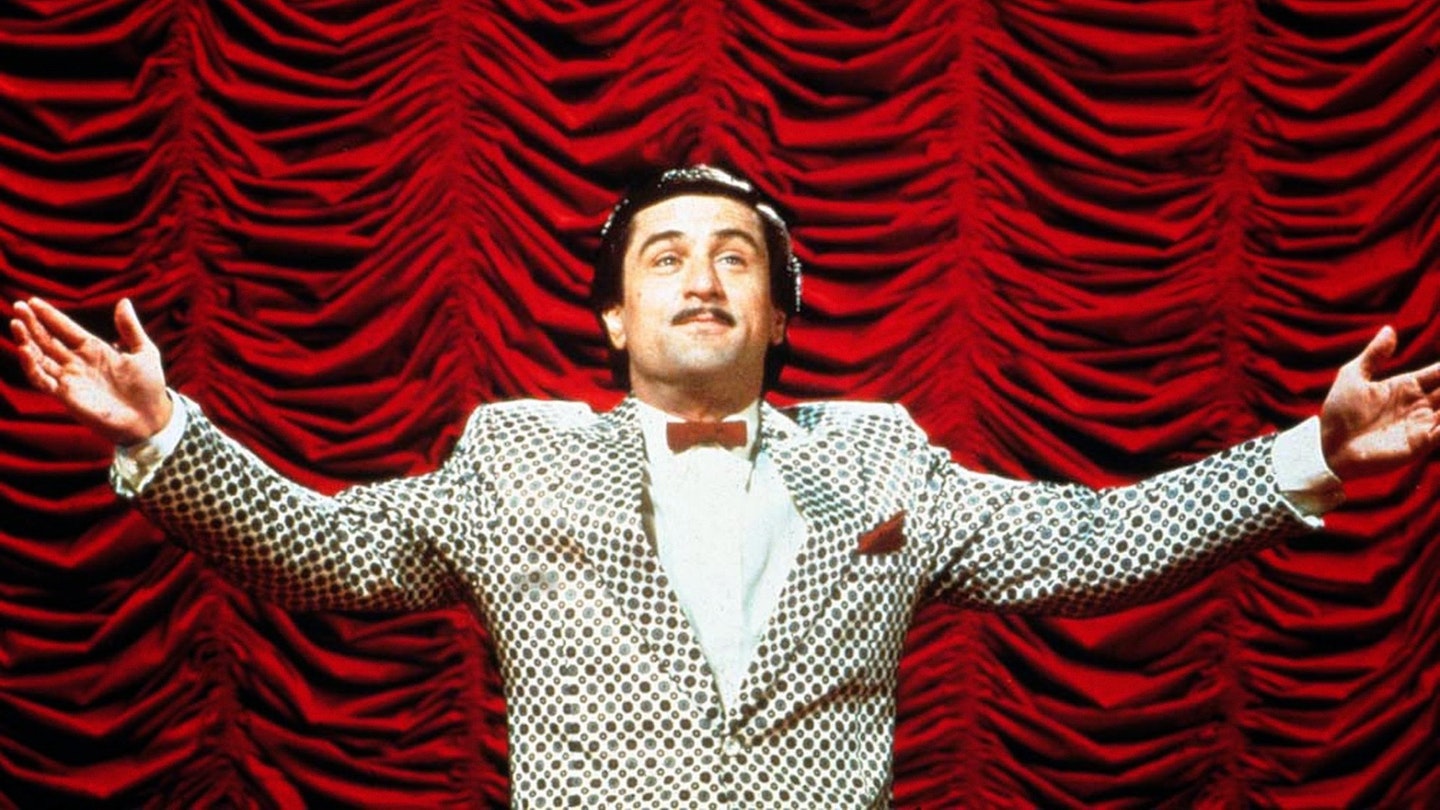Pedro Almodóvar's cinematic preoccupation with profoundly kooky women's crises is so over. Talk To Her marked the departure, with its two male protagonists. Now this intriguing, intimate, deliriously disturbing film noir - la Pedro has virtually no women in it, unless you count the drag queens. Or the glimpses of Spanish screen icon Sara Montiel (she and those film clips are real, believe it or not), who fuels the fantasies and desires of the juvenile movie buffs finding refuge from choir practice and pederasty at their Catholic boys' school in the local cinema.
But Mexican heart-throb Gael García Bernal not only makes striking personality transformations into multiple characters (Angel, Juan and Montiel-impersonator Zahara), he's also mighty pretty in a dress and the femme fatale of the piece. Fele Martínez, who was in Talk To Her and Amenobar's Open Your Eyes, has the more subdued role, and is watchfully effective as the guy you want to take for Almodóvar's alter ego.
It goes without saying that this is an audacious business. It's gay with a vengeance and a bold mix of art, trash and accomplished homage. The structure is what fascinates, unsurprisingly, since Almodóvar worked on it for over ten years. Not only do we get films within a film, but stories that open up into other stories, real and imagined. It's all the same story, really - one of child molestation and its aftermath of faithlessness, creativity, despair, passion, blackmail, murder and deception - told from different perspectives of truth and fiction.
Since Almodóvar is the exact contemporary of his two main characters - Enrique and Ignacio were schoolboys together in the early '60s and meet again in 1980 when Enrique has a few big pictures under his belt - it's inviting to grasp for "facts". Almodóvar's own experiences with priestly paedophiles are well known, but this is a far more complex affair - about destiny and choice - than an autobiographical payback.
It's probably more significant that the character who is a film director is not only essentially the narrator, but the one who observes, questions and lets things play out to see how far into danger and emotional turbulence he will let them take him.



